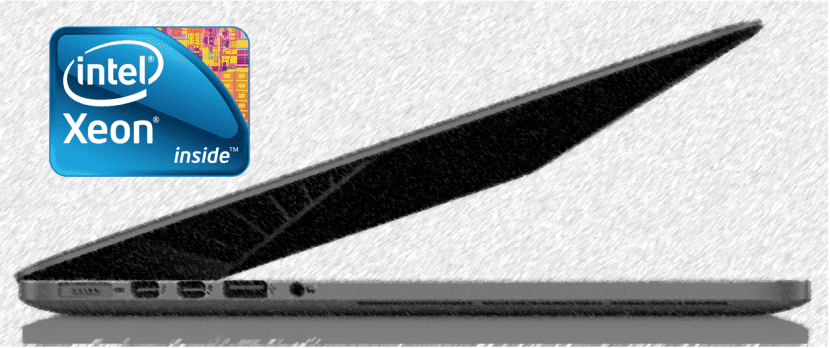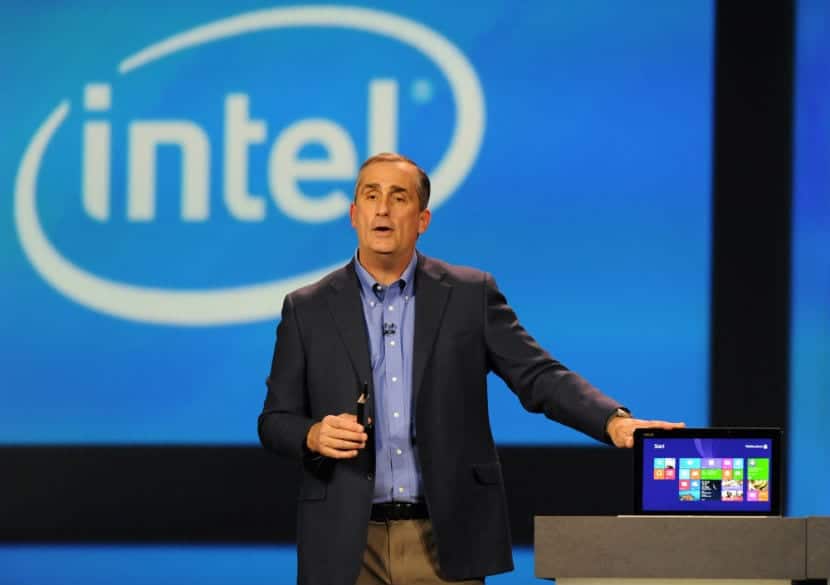
Since 2006 Apple has relied on Intel CPUs to bring its computers to life. Practically all of them have always used versions of these CPUs for desktops or laptops, but only the Mac Pro has been the only one that has been able to use processors designed for workstations and servers, indeed we are talking about the Intel Xeon line, however it seems that this would be about to change.
Intel has announced plans to launch a portable version of its Xeon processor family for the first time. The advantages that this would provide to the MacBook Pro would be more than evident, for example they have a higher level 3 cache memory, even support for ECC RAM that reduces the probability of failures detecting and eliminating data corruption in memory, there are also applications designed to get more out of the cores of the Xeon range.

The only disadvantage of Xeon CPUs is that they have higher consumption and therefore would also produce more heat than other ranges of Intel processors. Nor should we forget that compatible RAM memory is more expensive and the final price of the equipment will be higher.
Intel says it will release the E3-1500M processor this year, It would based on Skylake architecture which is the sixth generation of Intel's Core processor architecture. The design is new, more efficient and more powerful. As always, I am sure that the implementation in Apple equipment will be slower than in other manufacturers but I am almost totally convinced that in the medium term future, we will be able to see the first MacBook Pro with this type of more powerful processor, yes, before Intel he has to get down to business and put the production problems he's had with Skylake behind him.